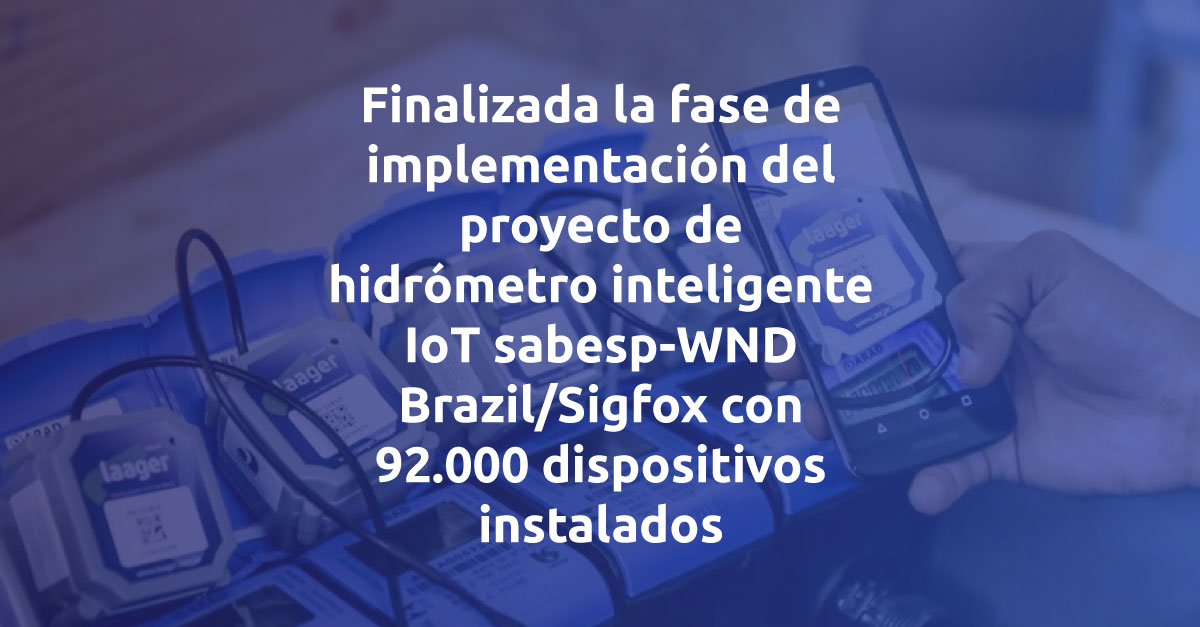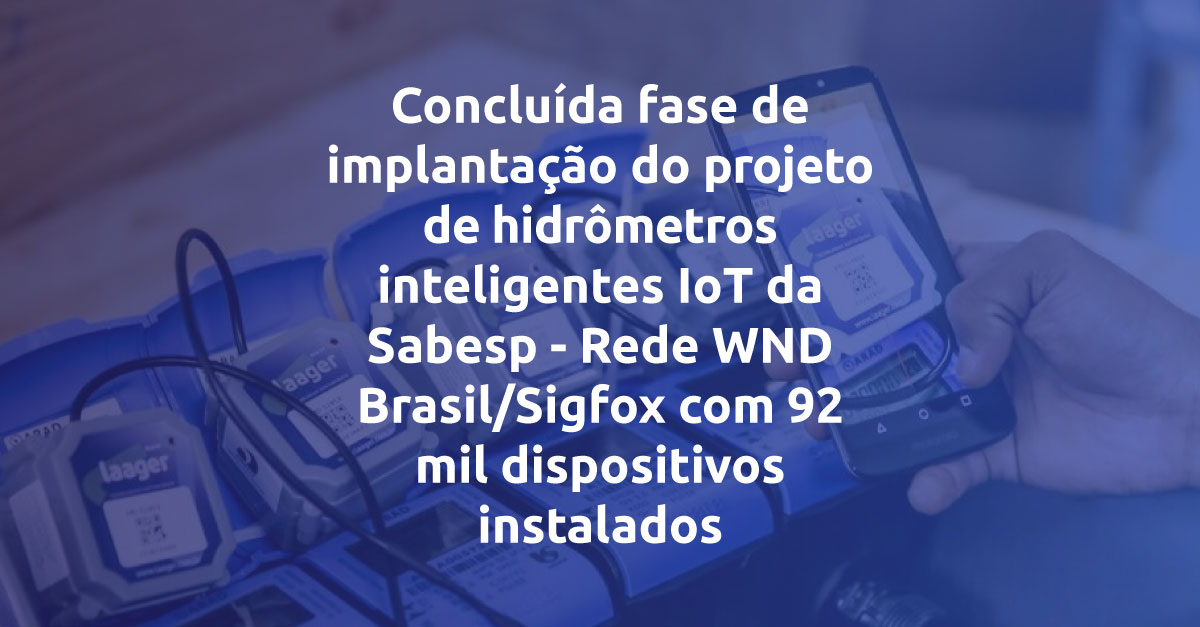Source: L’USINE NOUVELLE

For Ludovic Le Moan, CEO and co-founder of Sigfox, the unprecedented health crisis forces economic players to consider the essential role of data in controlling the economic, environmental and societal impact of their activities.
The world as we know it has changed. With COVID-19, we have had to learn how to manage an unparalleled health crisis, and its impact on our activities and our lives. More than ever, we must use the tools, particularly technological ones, at our disposal to put in place innovative solutions that will create financial value for companies, but not only. Among these tools, the Internet of Things (IoT) and related data have an important role to play in helping us to harness the economic, environmental and societal impact of this crisis.
The IoT is a confusing terminology, which emphasizes the notion of object while the issue is that of collecting industrial or physical data. An object only creates data, it is a necessary “evil” to be able to create data. All businesses in all markets need new data to make their transformation.
Understanding the data and the cost of extraction
Ignored for too long, lots of data that can be collected using the IoT must now take its rightful place. Regardless of the markets or verticals involved, it has become essential for companies to identify the relevant data to acquire and take the time to analyze the value that each can bring to the business. This analysis time is necessary in order to be able to cross the investment barriers on structuring projects in volume. If this exercise seems laborious and time-consuming, it is a mandatory step to analyze the relevance of a project with regard to the price of extracting the data that will be offered by the suppliers.
Once the value of the data is determined, it is time to consider the cost of extracting it. This analysis requires methodology, but it does not constitute a major difficulty. It is therefore essential for companies to rely on suppliers who can guarantee the cost of data extraction over the entire amortization period of a project. This is the guarantee of financial return for manufacturers.
It would be useless to invest in a project before having obtained this level of analysis and visibility on the prerequisites for its realization. Company executives will be able to launch a project without fear and count on guaranteed return on investment only when they have received feedback from the experts who attest to the value of data.
The value of data isn’t just financial
Acquiring, analyzing and exploiting data can have many benefits that go far beyond the simple financial aspect.
It is also a unique tool to enable companies, but also communities to respond to environmental issues. There are many examples, but probably the most relevant are those concerning smart cities and transport and logistics. By using the IoT on a daily basis, they sustainably minimize the impact of human activities on the environment.
For cities, the data collected provides communities with valuable information to establish sustainable development initiatives, draw up action plans and budgets, and improve infrastructure management. In the transport and logistics sector, the use of IoT data allows in particular the optimization of processes, signals and routes, which can already drastically reduce CO2 emissions.
The environmental dimension can be taken into account in the assessment of CSR (corporate social responsibility). For each type of data acquired, it is possible to evaluate this dimension separately. Like the financial component, this is a balanced estimate with the impact of developing the solution.
Finally, data also plays a societal role. They are particularly useful in the health sector where their collection can, for example, help to better understand and contain an epidemic such as the one we have been experiencing for almost a year. They are also an essential tool for the protection of vulnerable people and can help to anticipate a deterioration of their health and accelerate the intervention of the nursing staff.
Knowing how to harness the value of data is no small feat and takes some dedication, but it is worth the effort. With the growing number of connected objects around the world and within businesses, we can no longer afford to ignore this aspect of technology. Whether it is to better understand and manage crises which, without technology, would completely overtake us, to save time and money or to respond to environmental and societal issues, understanding and valuing data is essential to enable us to innovate and be ready to face the world of tomorrow.
Author: Ludovic Le Moan
About WNDUK
WND UK, is the UK #0G secure sensor data network operator, powered by Sigfox. The public network, which was deployed in a period of just 18 months, covers over 90% of the UK’s population. WND is now continuing to strengthen our network through densification and by working with channel partners to achieve deep in-building coverage where required.
Sigfox is the world’s first global dedicated low-power wide-area network (LPWAN) communications service for sensor data, typically deployed in Internet of Things (IoT) applications. WND UK’s network solution provides reliable and affordable communications for sensor devices that require very little power.
WND UK’s growing ecosystem of channel partners operate across a broad range of industry sectors providing a range of applications, such as the monitoring of legionella in healthcare and public sector buildings, automated meter readings for utilities, property technology, leak detection and asset management within logistical, returnable packaging and post and parcel sectors. Learn more: WND Technology Overview



